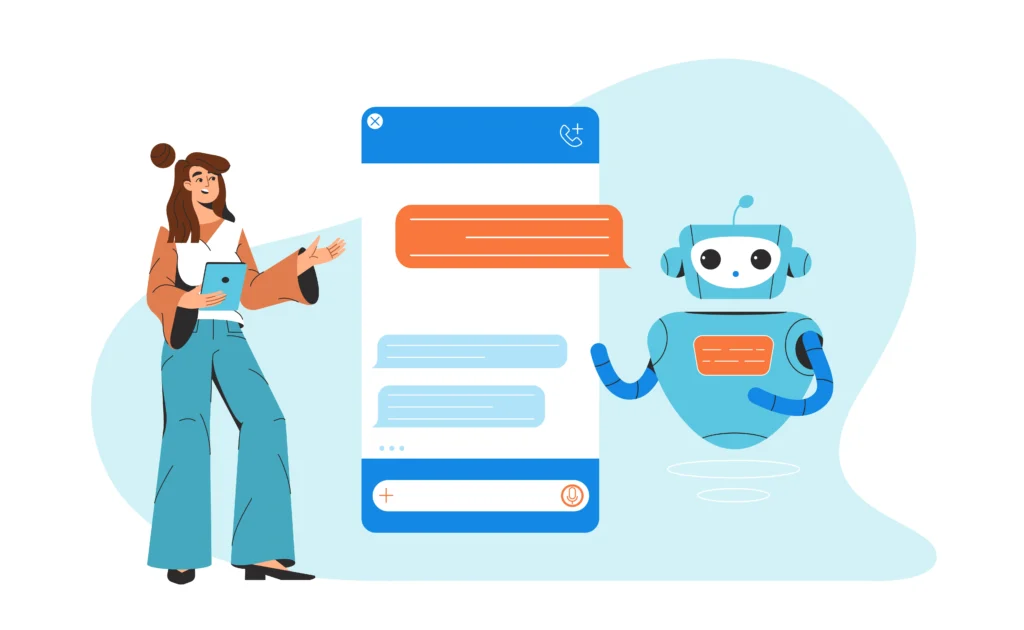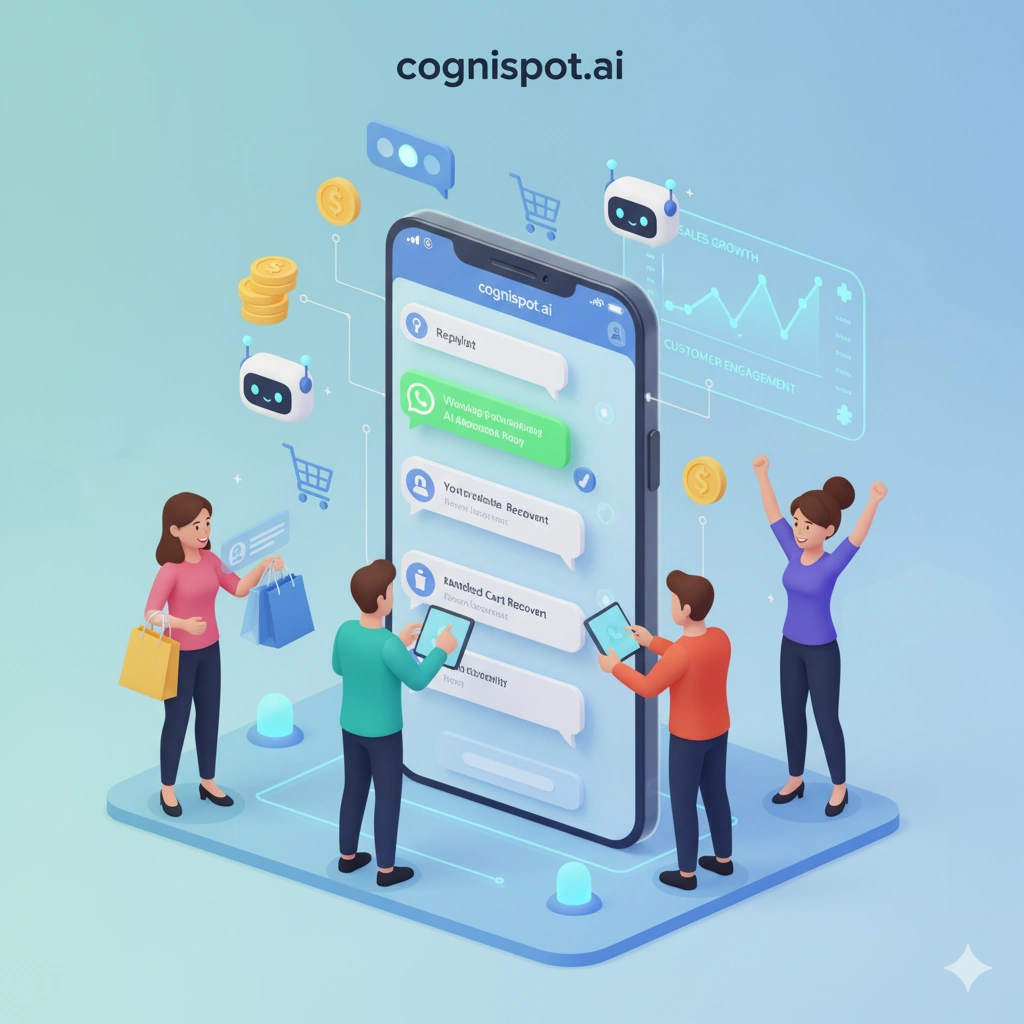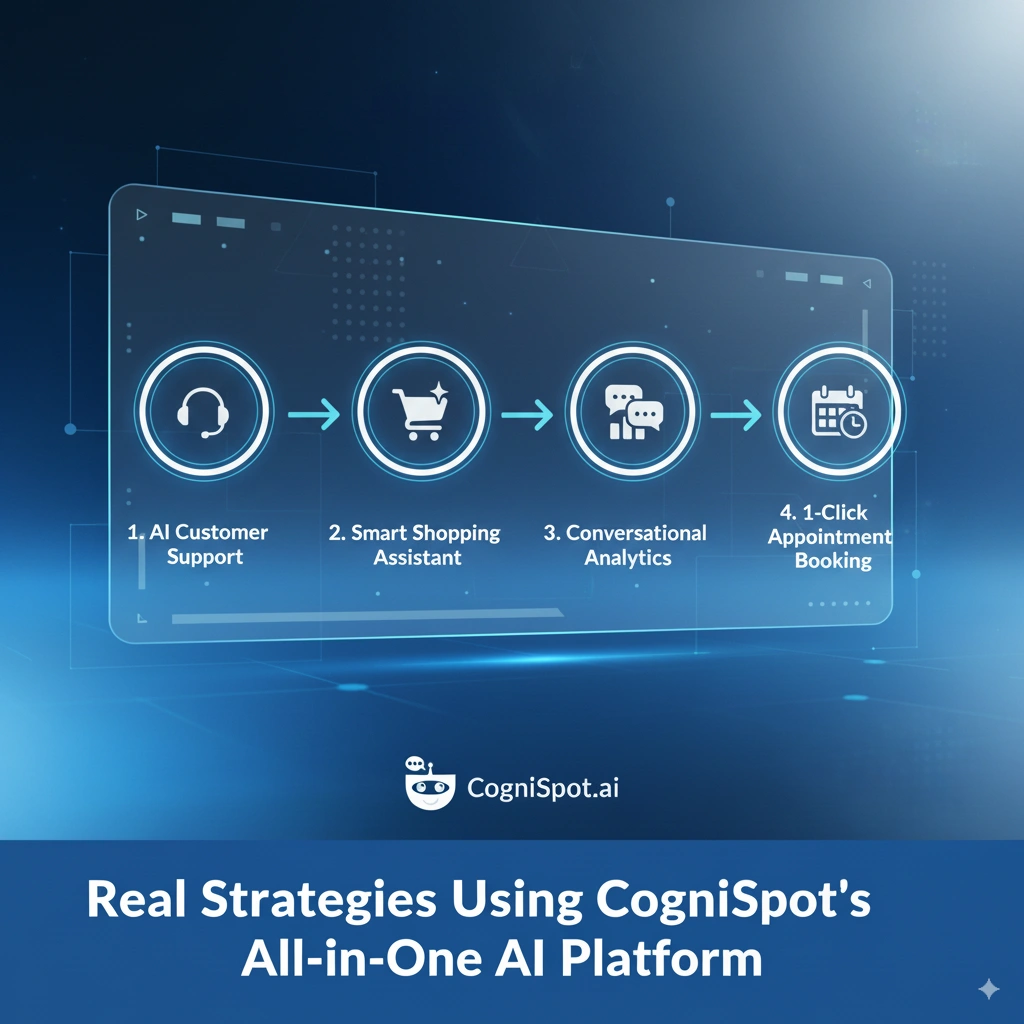Introduction to AI Chatbots and E-Commerce
The world of online shopping is evolving at an astonishing pace. With the rise of AI technology, e-commerce has entered a new era where customer interactions can feel more personal and intuitive than ever before. Enter AI chatbots—those friendly digital assistants that pop up on your screen when you least expect them. These innovative tools are changing how we shop online, making it easier for consumers to find what they want while helping businesses streamline their processes.
From answering questions in real-time to guiding users through the purchasing journey, AI chatbots are not just a trend; they’re quickly becoming an essential part of e-commerce strategy. In this blog post, we’ll explore how these virtual helpers are transforming the landscape of online sales and why businesses should consider integrating them into their operations today.
The Benefits of Using AI Chatbots in Online Shopping
AI chatbots in e-commerce bring significant advantages to online shopping according to this research. They operate 24/7, allowing customers to get assistance anytime without delays. This constant availability fosters a seamless shopping experience.
Moreover, these intelligent bots can handle multiple inquiries simultaneously. This reduces wait times and enhances customer satisfaction significantly. Shoppers appreciate quick responses when they have questions or face issues during their purchase journey.
Additionally, AI chatbots provide personalized recommendations based on user behavior and preferences. By analyzing past interactions, they suggest products that resonate with individual shoppers, increasing the likelihood of conversions.
Cost efficiency is another benefit worth mentioning. Automating customer service tasks can lower operational costs for businesses while maintaining high-quality support standards.
Integrating AI chatbots allows companies to gather valuable data about consumer trends and behaviors. This information helps refine marketing strategies and improve product offerings over time.

How AI Chatbots Improve the Customer Experience
AI chatbots are changing the way customers interact with online stores. They provide instant responses, eliminating wait times that often frustrate shoppers. This immediacy builds satisfaction and keeps potential buyers engaged.
Chatbots can personalize recommendations based on user behavior. By analyzing previous interactions, they suggest products tailored to individual preferences. This personal touch enhances the shopping experience and drives sales.
Moreover, AI chatbots are available 24/7. Shoppers can get help at any hour without relying on traditional business hours. This flexibility caters to a global audience, making it easier for businesses to meet diverse customer needs.
Additionally, these bots streamline common tasks such as tracking orders or processing returns. Simplifying these processes saves time for both customers and retailers alike. With their ability to handle multiple inquiries simultaneously, chatbots ensure no question goes unanswered.
Case Studies: Companies Successfully Implementing AI Chatbots
Sephora, a leading beauty retailer, has embraced AI chatbots to enhance its customer engagement. Their chatbot provides personalized product recommendations based on user preferences and previous purchases. This approach not only boosts sales but also creates a tailored shopping experience.
Another standout example is H&M’s chatbot that assists shoppers in finding outfits. By asking customers about their style preferences, it suggests clothing options from the latest collections. This interactive feature keeps users engaged while simplifying the shopping journey.
Lowe’s has taken a different angle with its AI chatbot, which helps customers in-store as well as online. Shoppers can ask questions about products or receive DIY project advice right from their phones. Such innovative uses of technology bridge gaps between physical and digital shopping experiences.
These companies illustrate how effectively integrating AI chatbots can yield impressive results, driving both satisfaction and sales in e-commerce environments.
The Future of AI Chatbots in E-Commerce
The future of AI chatbots in e-commerce is poised for remarkable evolution. As technology advances, these tools will become increasingly sophisticated.
Imagine chatbots that can understand emotional cues and respond with empathy. This level of interaction could drive deeper connections between brands and consumers.
With the integration of voice recognition, customers may soon converse with chatbots as they would with a friend. It’s about creating seamless experiences that feel personal and engaging.
Moreover, machine learning algorithms will enable chatbots to predict customer needs based on past behaviors. Anticipating questions before they’re asked could streamline the shopping journey significantly.
As businesses harness data analytics, chatbots will also provide real-time insights into consumer preferences. This capability allows for more targeted marketing strategies.
The potential for augmented reality interfaces is another exciting frontier. Imagine a chatbot guiding you through a virtual store experience tailored just for you.
Challenges and Limitations of AI Chatbots in E-Commerce
While AI chatbots are transforming e-commerce, they do come with challenges. One major limitation is their inability to understand complex queries fully. Customers may express themselves in ways that a chatbot simply cannot interpret.
Furthermore, the lack of emotional intelligence can hinder interactions. Shoppers often seek empathy and understanding during their buying journey—qualities that machines struggle to emulate.
Integration issues also arise when combining chatbots with existing systems. Some businesses face technical difficulties that impede smooth communication between platforms.
Not all customers are comfortable using AI tools. Many still prefer human interaction for personalized service, leading to potential frustrations if chatbots handle inquiries poorly or fail to connect effectively with users. These limitations must be acknowledged as companies embrace this evolving technology in e-commerce.
Tips for Businesses Looking to Incorporate AI Chatbots into Their Online Sales Strategy
Start by defining clear objectives for your AI chatbot. Know what you want it to achieve—whether it’s answering FAQs, guiding customers through the purchasing process, or handling returns.
Choose a platform that suits your business needs. There are various options available with different features and scalability. Research which one aligns best with your goals.
Design an engaging conversational flow. Keep the tone friendly and approachable while ensuring responses are quick and relevant. Customers appreciate speedy assistance in e-commerce.
Regularly analyze performance metrics. Monitoring conversations can provide insights into customer preferences and areas needing improvement. This data will help fine-tune interactions over time.
Don’t forget about human backup support! Ensure there’s an easy transition from chatbot to human agents when complex issues arise, keeping customer satisfaction high at all times.
Conclusion
The rise of AI chatbots in e-commerce marks a significant shift in how businesses and consumers interact. As technology continues to evolve, these intelligent tools are becoming essential for enhancing the online shopping experience.
With their ability to provide instant responses and personalized recommendations, AI chatbots streamline customer interactions. They handle inquiries efficiently and guide users through the purchasing process, making it easier for customers to find what they need. This not only boosts sales but also fosters brand loyalty as shoppers appreciate quick service.
Many companies have already reaped the benefits of implementing AI chatbots into their platforms. From retail giants like Amazon to innovative startups, success stories abound showcasing improved conversion rates and enhanced user satisfaction.
Looking ahead, the future appears bright for AI chatbots in e-commerce. As machine learning algorithms become more sophisticated, these bots will offer even greater levels of personalization and support. Businesses that leverage this technology stand to gain a competitive edge.
However, there are challenges that accompany the adoption of AI chatbots as well. Issues such as understanding complex queries or handling emotional customer interactions can arise. It’s important for businesses to recognize these limitations while striving toward improvement.
For those considering incorporating AI chatbots into their online sales strategy, starting small is key. Identify specific areas where automation can enhance your operations without compromising on human touch where it still matters most.
AI chatbots represent an exciting frontier in e-commerce innovation—a tool poised not just to change how we shop online but also elevate the overall consumer experience significantly.













